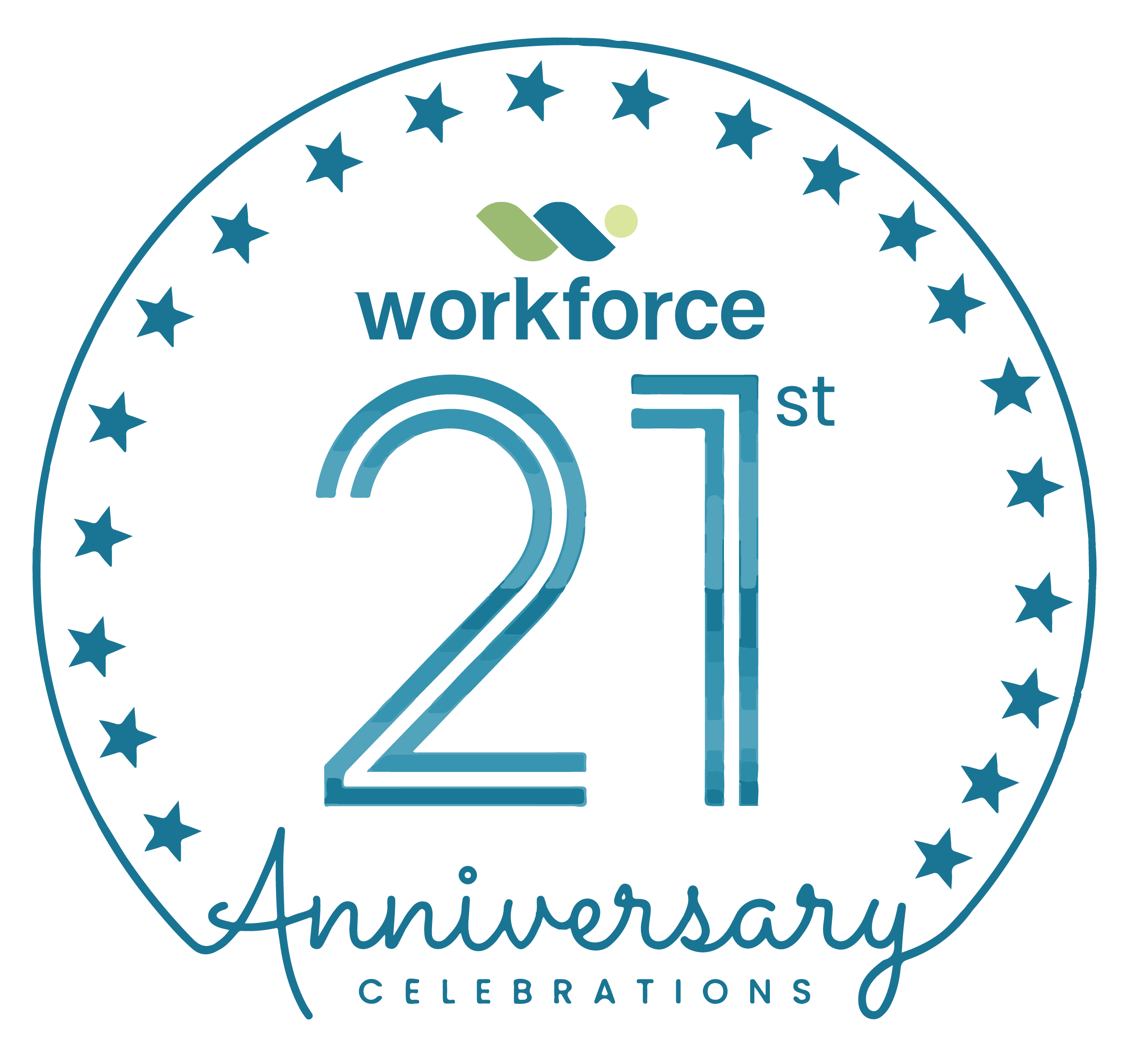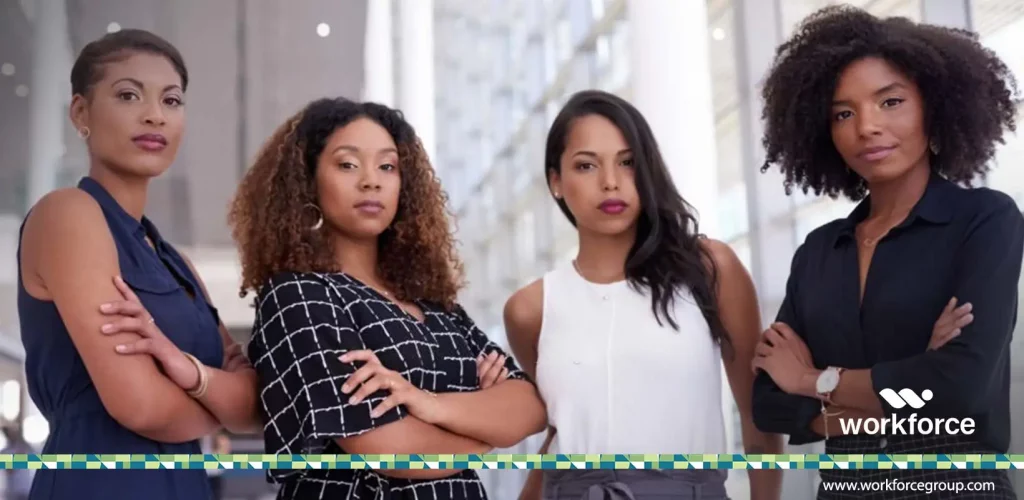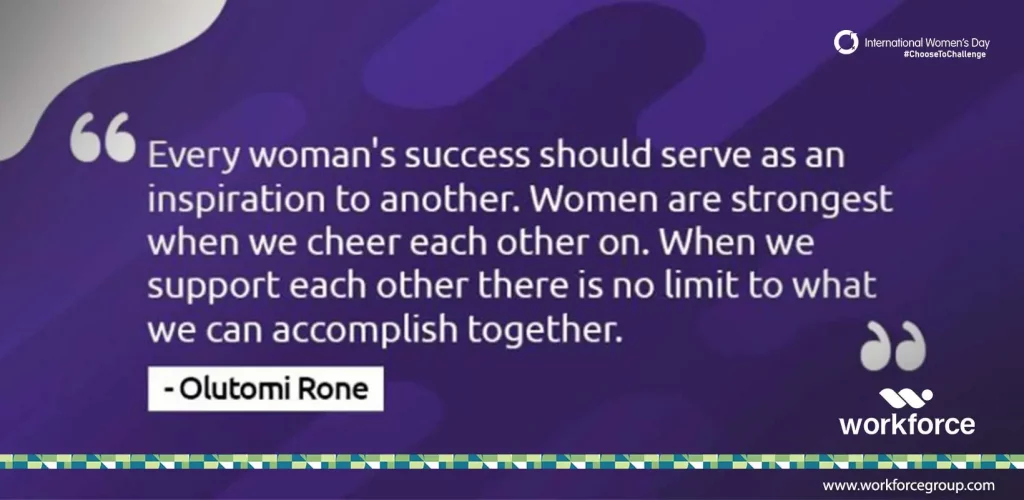Gender equality seems like a faraway dream these days. While progress has been made, the numbers tell a heartbreaking story:
- On average, women worldwide spend more than twice as many hours as men doing unpaid work.
- 113 countries do not have laws to ensure equal pay for equal work among men and women
- 104 countries make certain jobs off-limits for women
- Over 150 countries have at least one actively sexist law
- In most countries, women only earn between 60% and 75% of men’s wages – for the same work
- There are approximately 781 million illiterate adults worldwide – two-thirds of whom are women
- It will take 108 years to close the gender gap
- Only six countries give women equal legal work rights as men.
Why do we still have a wide wage & income disparity between both genders? Is there a way women can leverage their potentially beneficial biological advantage to close the widening gender gap and improve their Quality of Life? These and more are some of the questions women sought to answer as they celebrated the 2021 International Women’s Day Event on March 8, 2021.
Recommended Post: Leading Women in HR
WEBINAR: Workforce Group Celebrates the 2021 International Women’s Day
Bukola George (Head of Human Resources, Workforce Group) teamed up with top Nigerian female entrepreneurs and HR professionals, including:
- Tolulope Falola (Managing Director, First Energy Limited)
- Tolulope Agiri (Group Chief Human Resource Officer, Interswitch Group)
- Solape Akinpelu (Founder, HerVest)
- Olutomi Rone (Chief Operating Officer, Workforce Group)
- Temi Dalley (Chief Human Resource Officer, Sterling Bank)
- Odema Ogbeh (Head of Human Resources, Rendeavour)
- Ifeoma Okoruen (Head of Human Resources, Mouka Limited)
- Adesola Adenuga – (Director of Outsourced Staffing Services)
As they sought to:
- Forge inclusive work cultures with a robust gender-equal reward system that addresses unconscious bias
- Build parity in emerging high-demand skills and jobs across all seniority levels
- Increase the number of women in leadership, selected sectors and high-growth roles
- Close gaps in wage and remuneration to better connect equal pay and equal opportunities initiatives
The event started with an opening speech by Olutomi Rone. She stated why women converged to celebrate International women’s day, emphasising the need to focus on women’s rights, especially that of the female child, and avoid the gender biases, especially those created by women for themselves. She completed the opening speech by encouraging the event participants to challenge themselves to be better, and dedicated the programme to strong women – stating that may the participants be them, may they identify with them, and raise them.
Women in Leadership – Barriers and Challenges by Tolulope Falola
After the opening speech, Tolulope Falola spoke on “Women in leadership, barriers and challenges”.
She spoke about the challenges she faced as the only woman in a male-dominated board, including being naturally assigned certain responsibilities that are thought to be more suited to women and being asked rather “obtuse, female-related” questions. She emphasised the need for women to be proactive, speak more about their achievement and be more visible. In her words, “Women are outliers; we can decide to step back and watch back or challenge ourselves to do better”. She spoke about the need for diversity in the workplace and its benefits, including; Innovation, business growth, creativity, and better products or service.
She ended the session by challenging women to show up, speak up, network, and step out of their comfort zone and hopefully, those actions would mean next year, the world will stop talking about gender inequality and start talking about gender parity.
Weaving a Balanced Workforce for Financial Access – Solape Akinpelu
The session continued with Solape Akinpelu speaking on the topic “Weaving a balanced workforce for financial access”. She spoke about the lack of financial inclusion for women as the reason she started Hervest – a social enterprise providing financial inclusion for women through a Gender Lens Investment (GLI) approach.
She spoke about building a balanced workforce being about more than hiring women in certain positions to sound socially or politically correct; but about being intentional in creating a diverse, flexible and inclusive work-ecosystem; supporting and embracing these differences and similarities where all feel valued and accepted; not saying women are better, wiser, stronger or more intelligent; but saying women are not less and women are human.
She also spoke about the biases and micro-aggression that women face, especially in the workplace. She said biases are unconscious, and it happens from both men and women, stating that findings show that about 87% of women show clear discrimination against women.
To help solve the gender balance and inequality issues facing the world, she gave a framework for action, which includes:
- Educating employees on gender balance
- Building a culture of inclusiveness and “allyship”
- Establishing new norms that help women at the workplace, including remote work, provision of maternal infrastructure, setting work-life boundaries etc.
- Involving men in the conversation
- Readdressing how we review women performance in the workplace.
Breaking Down Barriers for Women in Leadership – Tolulope Agiri
The session continued with Tolulope Agiri addressing the topic “ Breaking down barriers for women in leadership”.
Tolulope started by stating that leadership should not wear a gender coat – It should go to the best bidder. She stated some of the issues women face that stifles their leadership potential, including;
- Lack of confidence in putting themselves forward
- Setting a low bar for themselves
- Having the imposters syndrome
- Softening themselves up by always apologizing
- Getting less feedback
- Lacking confidence to put themselves forward
- Having the crab mentality
- Systemic stereotypes
- Family and other responsibilities and
- Not positioning for the next big thing.
She spoke about the need to speak more about the lack of more females in leadership and create awareness that makes it easier to change the gender imbalance. She stated that men have to be actively invited to the conversation because they are already ahead (in leadership roles), and they make decisions that affect women in the workplace.
She tasked HR professionals attending the event with auditing the entire system and bridging the gaps that exist. She urged HR professionals to ensure that they don’t stifle women’s potential and help women by putting maternity structures in place, developing a diverse talent pipeline, and committing to gender inclusivity in their hiring and promotion process, etc.
She also stated the need for women to shift from the mentality of “I’m not ready to do that” to “I want to do it” and “I will do it”. She said women should avoid the “Crab mentality” and be the mentor – look out for other women that need help everywhere, consciously build their support system, set their bar high, and not shy away from wicked problems (bigger issues such as global and organisational issues).
The Panel Session
Adesola Adenuga anchored the panel session. She spoke about the aim of the session being to help address the neglected issues of gender inequality. She then went ahead to introduce the panelists, including:
- Solape Akinpelu (Founder, HerVest)
- Temi Dalley (Chief Human Resource Officer, Sterling Bank)
- Ifeoma Okoruen (Head of Human Resources, Mouka Limited)
Temi Dalley started the session by answering the question;
“How can we forge an inclusive work culture that has a robust gender-equal reward system that deliberately addresses unconscious biases in our work system?”
She emphasised that inclusion is necessary for organisational growth. In her opinion, the skills needed to manage the current generation are naturally found in women due to how women are raised and nurtured. She pointed out that diversity is different from inclusion – An inclusive workplace should have more women occupying impactful roles.
She pointed out that diversity and inclusion in the workplace is a task that lies majorly with HR leaders. She tasked HR professionals with being genuinely committed to building the right structures that eliminate both conscious and unconscious biases, ensure their processes are non-discriminatory, develops conversation listening channels that help with accountability, and ensure that they build bespoke solutions to address gender gap issues. She also urged them to develop a diversity and inclusion framework, collaborate and communicate it with everyone within the organisation, make everybody involved, and bring male counter paths into the conversation.
Ifeoma Okuoren continued the session by answering the question;
“How can we build parity in emerging high-demand roles across all seniority levels?”
She emphasised the need to create awareness about high-demand roles’ potential and encouraged HR professionals to intentionally build their organisation’s talent pipeline to include women. She also urged HR professionals to help proven female performers by introducing deliberate strategies to fast-track their growth within the organisations.
Solape Akinpelu answered the final question;
“How can we increase the number of women in leadership.”
She stated the need to make it easier for women to stay in the workforce by putting structures in place that makes everybody feel included, and helping women attain leadership roles concretely. She also emphasised the need to advocate for women in leadership, a measure intended results and unintended consequences.
The session concluded with Ebunoluwa Opelami giving the vote of thanks and reemphasizing some of the points made during the event. She urged women to take note of key learnings from the session, and take proactive steps that ensure a gender-equal and inclusive world for all.


